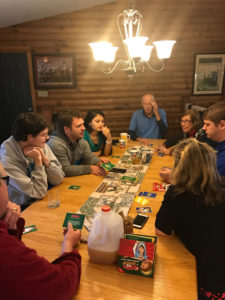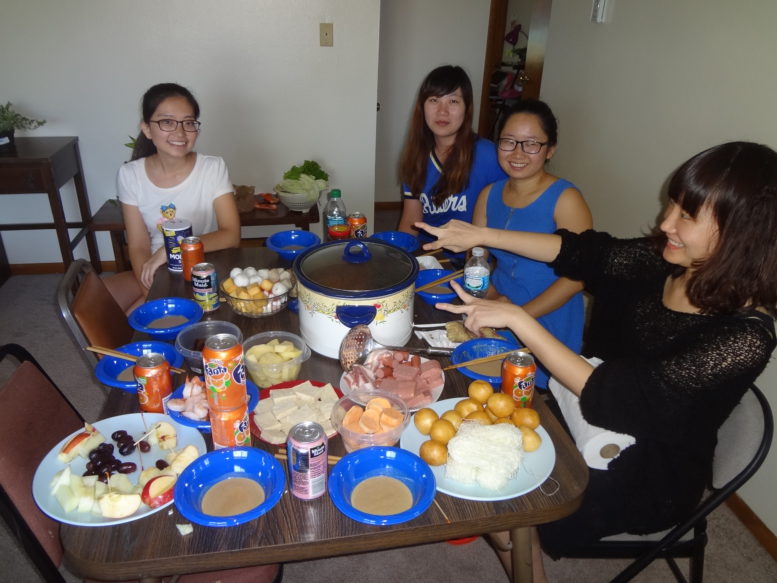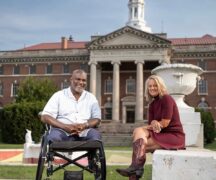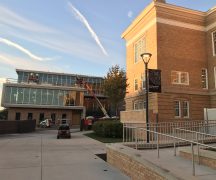By DAVID DUPONT
BG independent News
When Rajani Shrestha arrived at Bowling Green State University from Nepal to do graduate studies in construction management, she sought to connect with a local family through the International Fellowship Program.
She was told, though, that there was no local host family for her. Undeterred, she applied again. Her second email was forwarded to Betty Laukhuf, the program’s founder who is still active.

Photo provided
Laukhuf, who was already hosting three international students, was impressed with Shresta’s persistence and invited her into her international fold. Now the Nepalese woman is one of the program’s strongest boosters.
“It’s so nice that they have put so much effort and time into this program, so students can have a better life and more emotional support,” she said.
Shrestha and Laukhuf will be on hand Jan. 4 for orientation at BGSU for international students.
The International Fellowship Program joins students with local families. A family can be a single person, a family with children, or an empty-nester or a couple.
Laukhuf said the program has worked for her through the many stages of her own life, from being a young mother and now a widow.
The families simply program friendship, companionship and the occasional helping hand. They don’t provide financial help or housing.
Laukhuf founded the program almost 50 years ago. “I’ve always had a desire to be a global citizen.”
Back then her daughter was 4 years old and she was a teacher, now she is retired, and sees herself more as “a grandmother figure.” Her daughter, Amy Laukhuf-Fitch, is a teacher in the Otsego schools. Shrestha has visited her class. Shrestha, in fact, has met four generations of Laukhuf’s family, from her 101-year-old mother to her grown grandsons.
Not all relationships are so intertwined. Many are more casual, consisting of an outing or an occasional meal. Like so much with the International Fellowship program the level of involvement is up to the participants.
The program serves as the matchmaker. Students will be asked to fill out a form with basic information. That includes any foods they do not eat as well as interests, such as sports and hobbies. Respective hosts also fill out a form with basic information.
Laukhuf said the program does its best to match hosts with families.
With about 750 students from 80 countries on campus, there are often more students seeking hosts than hosts available. “There is a great need for more American families,” she said. Hosts can have multiple students. Sometimes, Laukhuf said, having several students works out better.
The program, she said, benefits both sides. “The function is for us to get to know each other,” Laukhuf said. “Sometimes if students are not aware of this, they might just stay on campus. We need to integrate with each other.”
Shrestha said she wanted to be involved because “I wanted to learn more about American life. I wanted to experience what life is like here.”
The program hosts a few events including a potluck in fall. The group also participates in the annual international dinner on campus.
The program works with the university’s International Services Office. That’s important as rules governing release of information get more stringent.
Laukhuf said a few years ago she wondered if she’d be able to continue, then Bob Segna, a retired executive, enlisted in the effort. He’s developed spreadsheets for matching that have streamlined the program.
Those interested in participating can contact either Laukhuf at blaukhuf@gmail.com or Segna at rjsegna@frontier.com.





